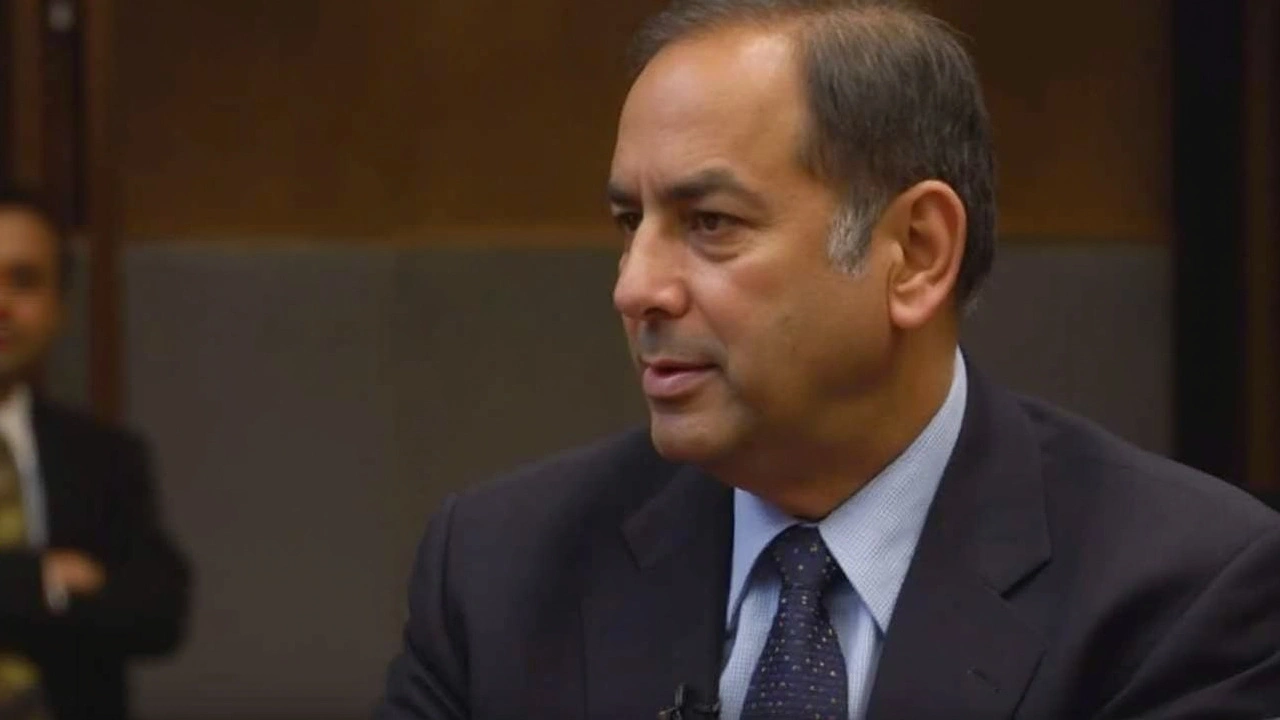U.S. Fraud Charges: What’s Happening and Why It Matters
Fraud charges in the United States pop up in the news all the time, from big corporate scandals to everyday scams. If you’ve ever wondered what exactly counts as fraud, how the government handles it, or what the penalties are, you’re in the right place. This page breaks down the basics, highlights a few recent cases, and gives you practical tips to stay safe.
Common Types of Fraud You Might Hear About
Not all fraud looks the same. Here are the most talked‑about categories:
- Wire fraud: Using phones, email, or the internet to deceive someone for money.
- Securities fraud: Lying to investors about stocks, bonds, or other financial products.
- Bank fraud: Trickery that targets banks, like fake loan applications.
- Identity theft: Stealing personal details to open accounts or file taxes.
- Healthcare fraud: Billing for services that were never provided.
Each type carries its own set of laws, but they all share a core element: intentional deception for financial gain.
Recent High‑Profile U.S. Fraud Cases
Keeping up with big cases helps you see how the system works in real life. A few headlines from the past year:
- In 2024, a tech startup founder faced wire fraud charges after promising investors a product that never existed.
- Earlier this year, a network of healthcare providers was busted for submitting millions in false claims to Medicare.
- A celebrity influencer was charged with securities fraud for promoting a cryptocurrency that turned out to be a pump‑and‑dump scheme.
All three cases ended with hefty fines, restitution, and, in some instances, prison time. They also showed how agencies like the FBI, SEC, and DOJ work together to build a case.
What’s common across these stories? Investigators start by tracing money, gathering digital evidence, and interviewing witnesses. The more paper‑trail you leave, the easier it is for authorities to build a charge.
For ordinary people, the takeaway is simple: if a deal sounds too good to be true, it probably is. Always verify the source before sending money or sharing personal info.
Penalties and What Happens After a Charge
If you’re charged with fraud, the legal road can be long. Typical outcomes include:
- Fines: Ranging from a few thousand dollars to millions, depending on the loss amount.
- Restitution: Paying back victims directly.
- Probation: Supervised freedom for a set period.
- Imprisonment: Sentences can be months to decades.
Many cases also involve a civil component, where the victim can sue for additional damages. That’s why getting a good lawyer early on is crucial.
If you’re merely a witness or a potential victim, cooperate with investigators. Providing emails, transaction records, or screenshots can speed up the process and help bring the fraudster to justice.
How to Protect Yourself from Fraud
Staying safe is mostly about being skeptical and double‑checking. Here are three quick habits:
- Never share personal or financial info with unsolicited callers or emails.
- Check the legitimacy of any investment by looking up the company on the SEC’s EDGAR database.
- Use strong, unique passwords and enable two‑factor authentication on your accounts.
If you suspect you’ve been targeted, report it right away to the FBI’s Internet Crime Complaint Center (IC3) or your local law enforcement. Early reports can prevent larger losses.
Fraud charges are a serious part of the U.S. justice system, but with the right knowledge you can avoid becoming a victim and understand what’s at stake if you’re ever involved. Keep an eye on this page for the latest updates on U.S. fraud cases, legal changes, and practical advice you can use today.
